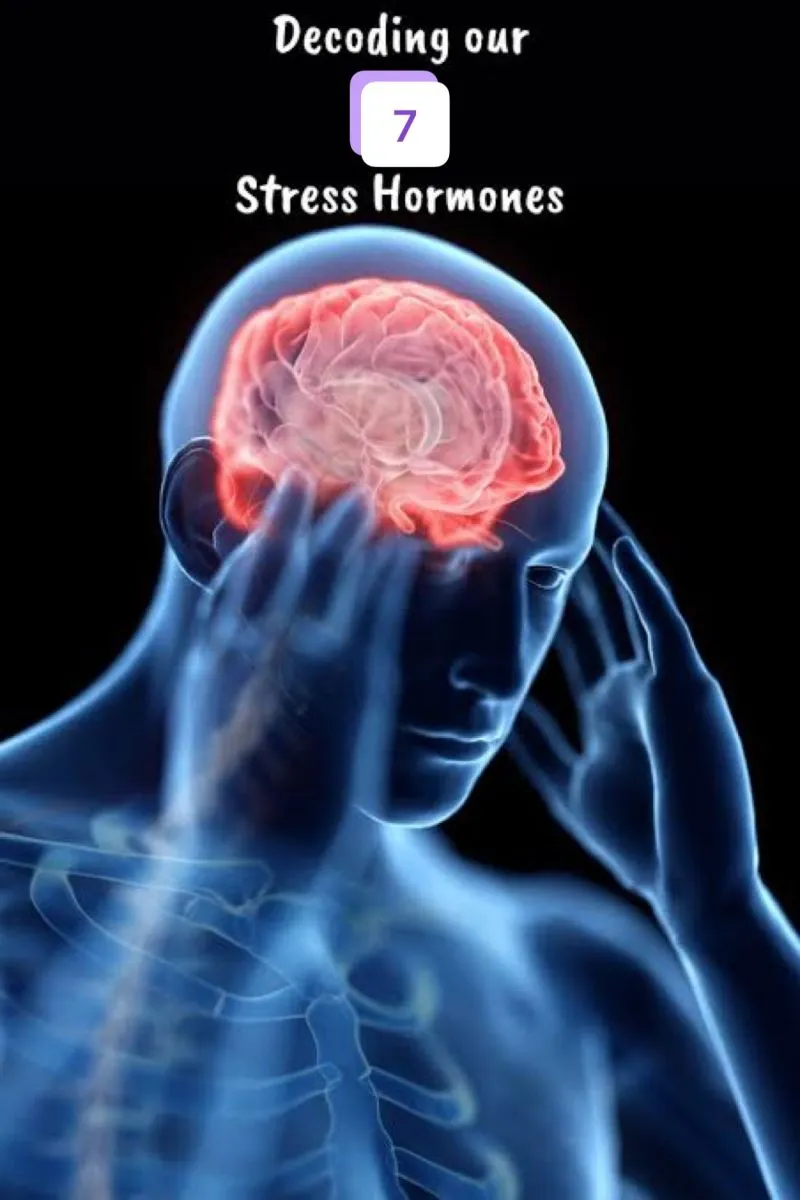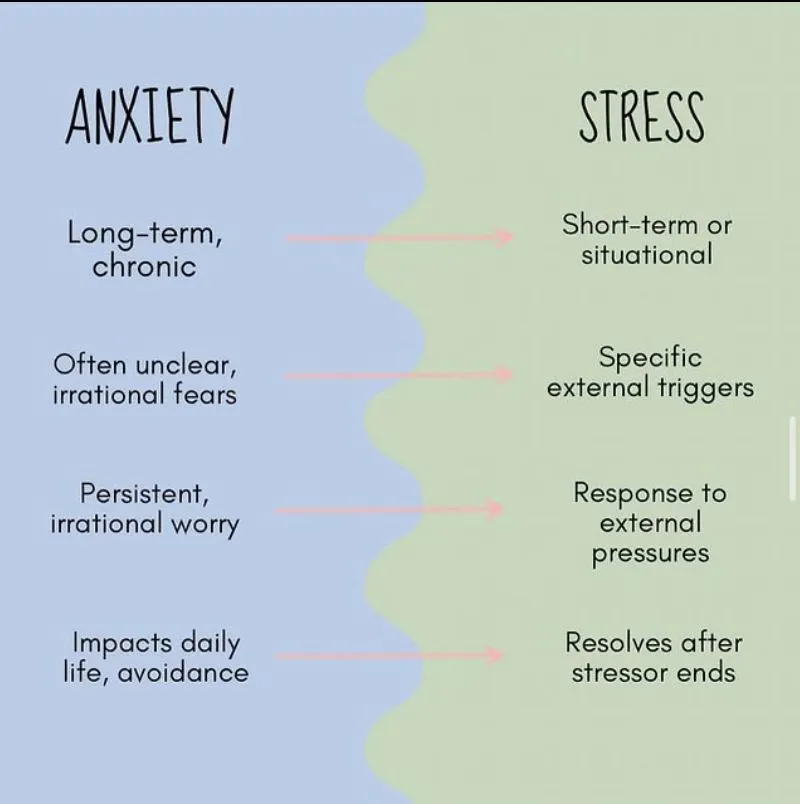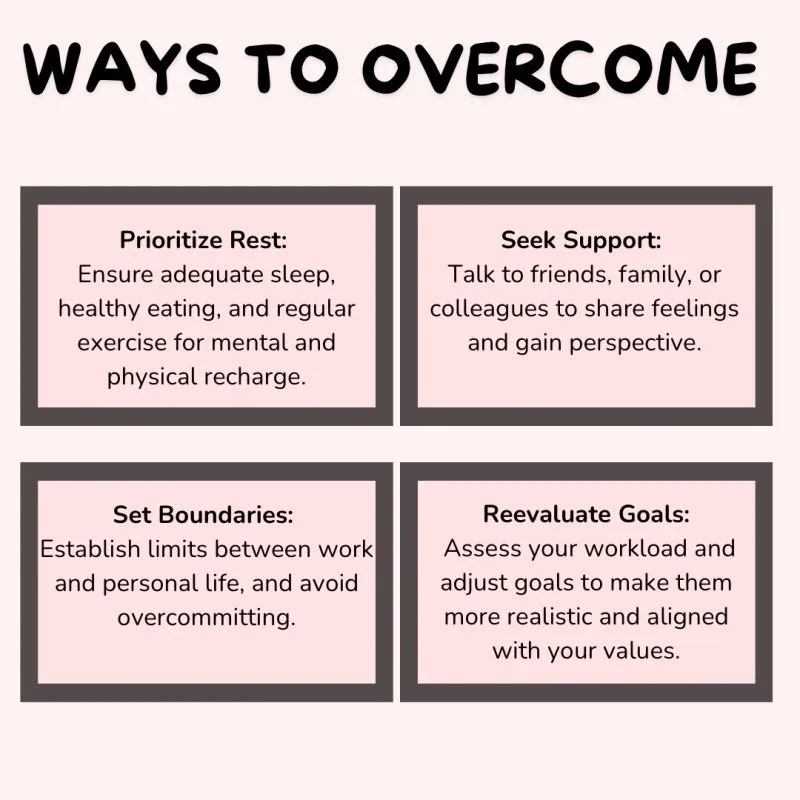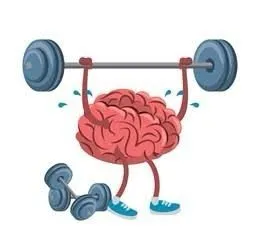Research participants who suppressed their emotions had significantly more physiological arousal than those who let their emotions show, demonstrating that hiding stress creates more physical stress on the body
Mindful walking intervention showed significant stress reduction with adjusted perceived stress differences of −8.8 points in the intervention group compared to −1.0 in the control group after 4 weeks
Even minor daily stressors—traffic, emails, clutter—can quietly take a toll on your health. Here's how stress accumulates, what it does to your body, and simple habits that make a difference.
Why Small Stressors Add Up
What Happens in Your Body
Over time, it can lead to:
Take Small Steps to Protect Your Well-Being
How to Reduce Daily Stress
1. Take a Break
2. Write It Down
3. Protect Your Time
4. Move Your Body
5. Talk to Someone
6. Get Support
Take Small Steps to Protect Your Well-Being
Yes. Ongoing exposure to small stressors can lead to physical symptoms like headaches and fatigue, and even chronic issues like anxiety or high blood pressure.
Step outside, breathe deeply for 60 seconds, or write down what’s weighing on you. These short resets calm the nervous system.
Signs include poor sleep, short temper, frequent fatigue, or feeling overwhelmed by small tasks. Your body often signals when it’s had enough.





